
Tougher lockdown measures have been introduced in parts of northern England after a rise in the rate of novel coronavirus transmission, raising concerns over a second wave.
Britain reported its highest number of new COVID-19 infections in more than a month on Thursday, as ministers warned more quarantine restrictions were possible.
Around 4 million people were ordered not to mix with other households in Greater Manchester, the biggest city in northern England, parts of West Yorkshire and East Lancashire, though they can still go to work.
Those breaking the rules will face a fine of 100 pounds.
"The problem with this virus is that it thrives on the social contact which makes life worth living," Health Secretary Matt Hancock told Sky. "I totally understand the human impact of this but unfortunately that is how the virus passes on."
Asked by the BBC if the UK was now entering a second wave, Hancock said: "It is not yet and we are absolutely determined to take the action that is needed."
The measures were introduced hastily at the start of Eid al-Adha.




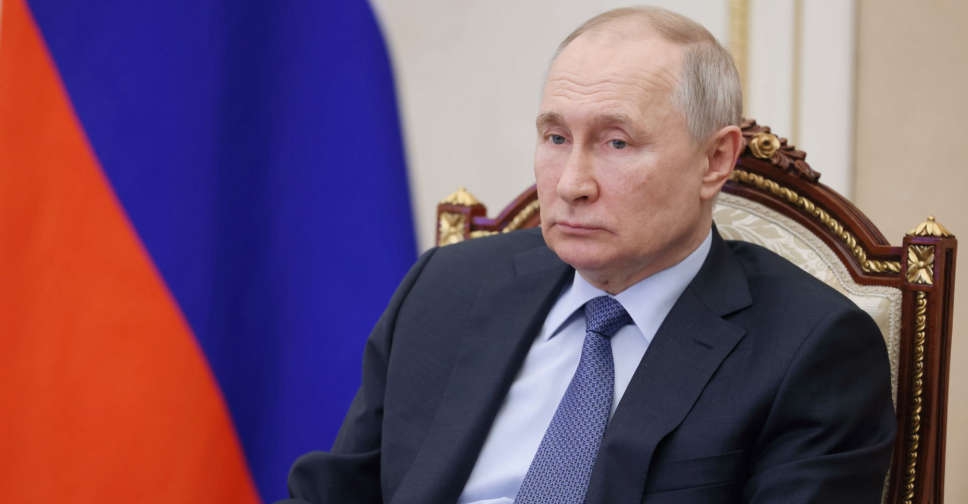 Putin to talk of war and peace at marathon news conference
Putin to talk of war and peace at marathon news conference
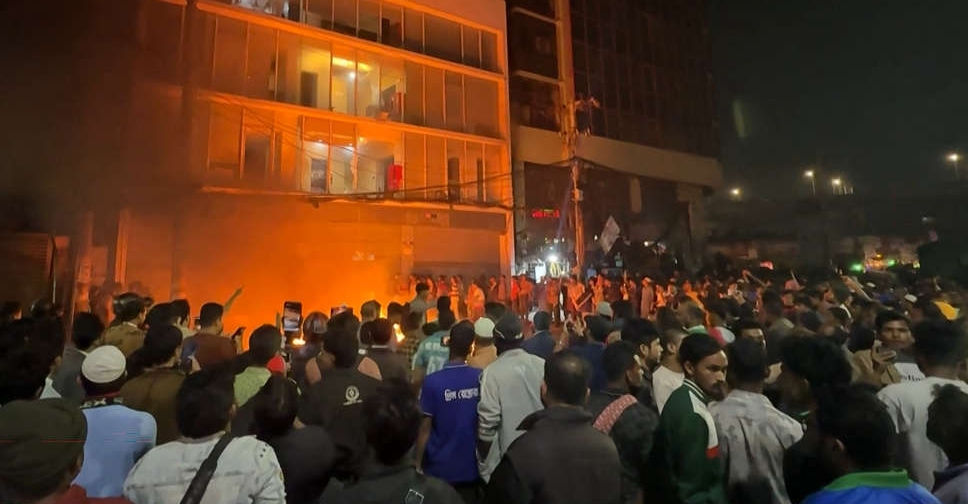 Bangladesh rocked by unrest after death of student leader
Bangladesh rocked by unrest after death of student leader
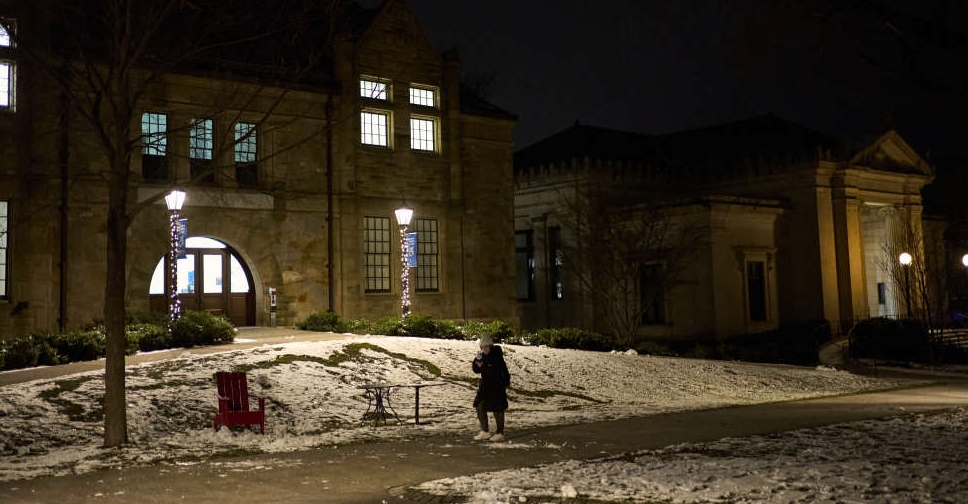 Suspected gunman in Brown University shooting found dead
Suspected gunman in Brown University shooting found dead
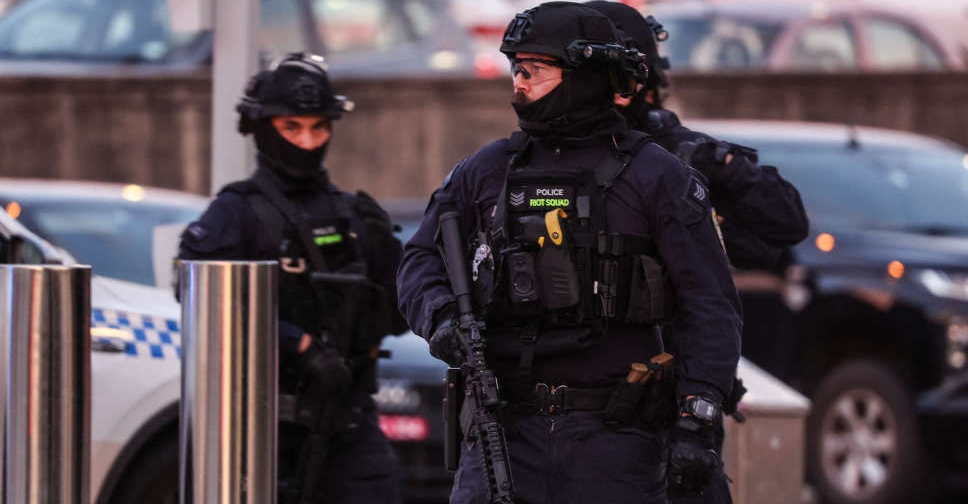 No evidence alleged Bondi gunmen received military training in Philippines
No evidence alleged Bondi gunmen received military training in Philippines
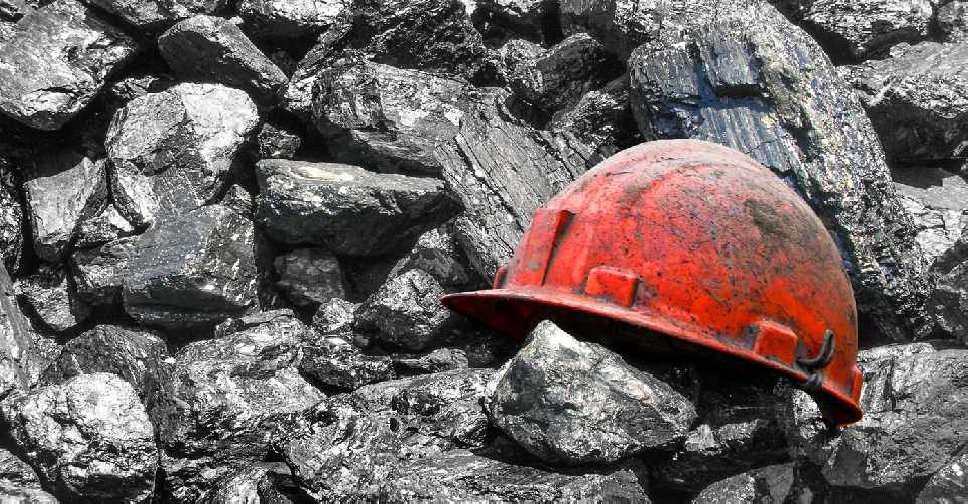 At least 12 killed in Nigeria mining site attack
At least 12 killed in Nigeria mining site attack
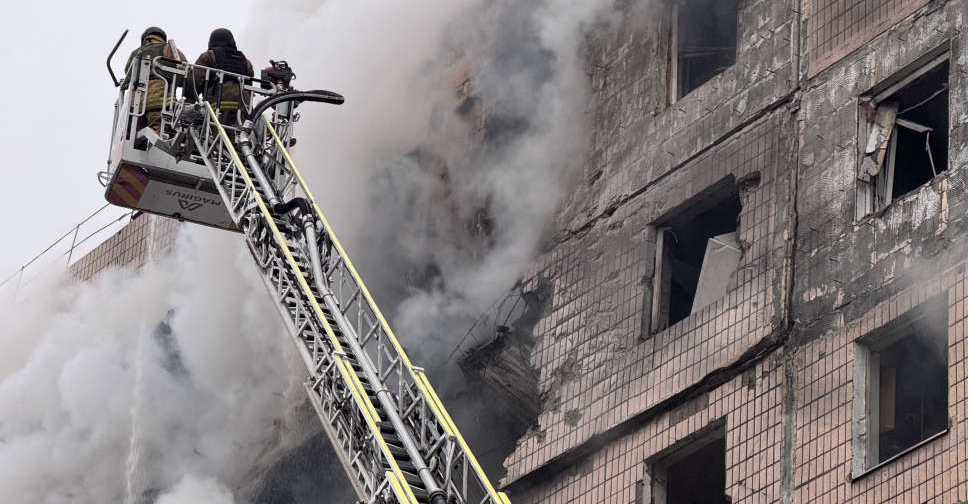 Russian attack on Ukraine's central Cherkasy injures six, causes blackouts
Russian attack on Ukraine's central Cherkasy injures six, causes blackouts
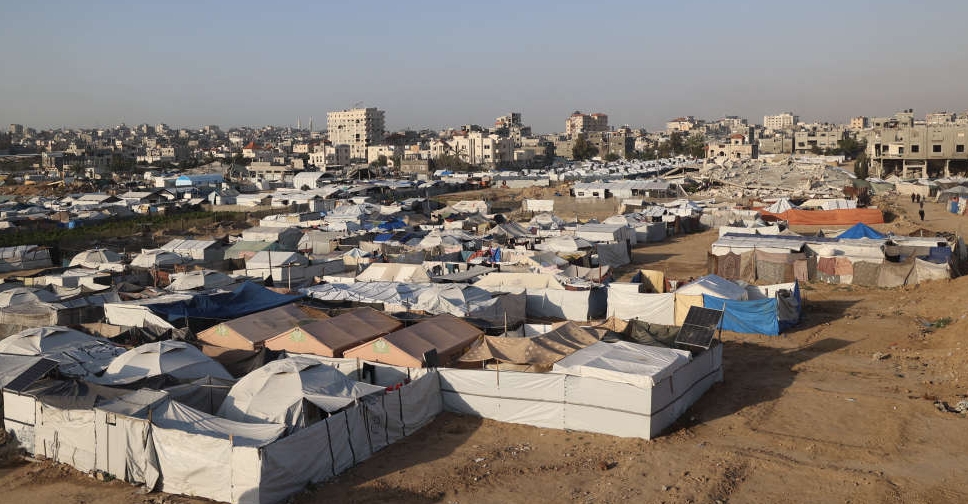 UN, aid groups warn Gaza operations at risk from Israel impediments
UN, aid groups warn Gaza operations at risk from Israel impediments
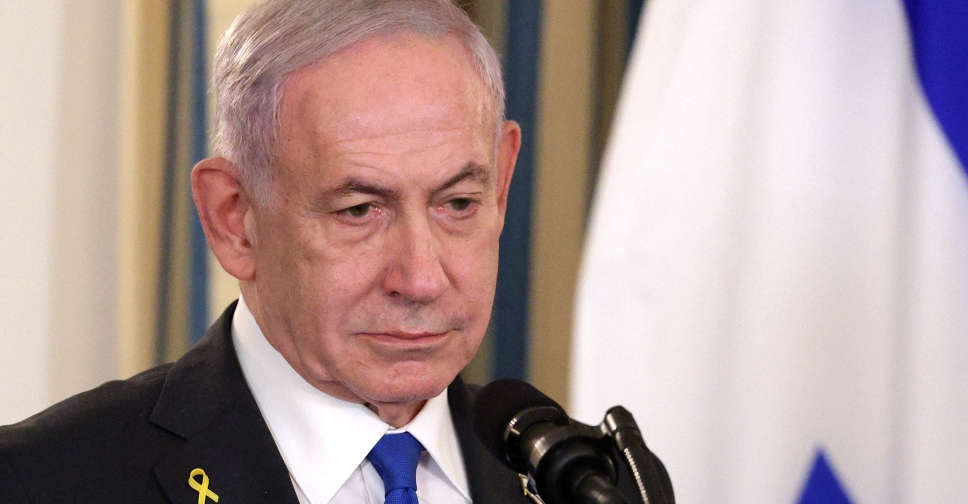 Israel approves natural gas deal with Egypt, Netanyahu says
Israel approves natural gas deal with Egypt, Netanyahu says




